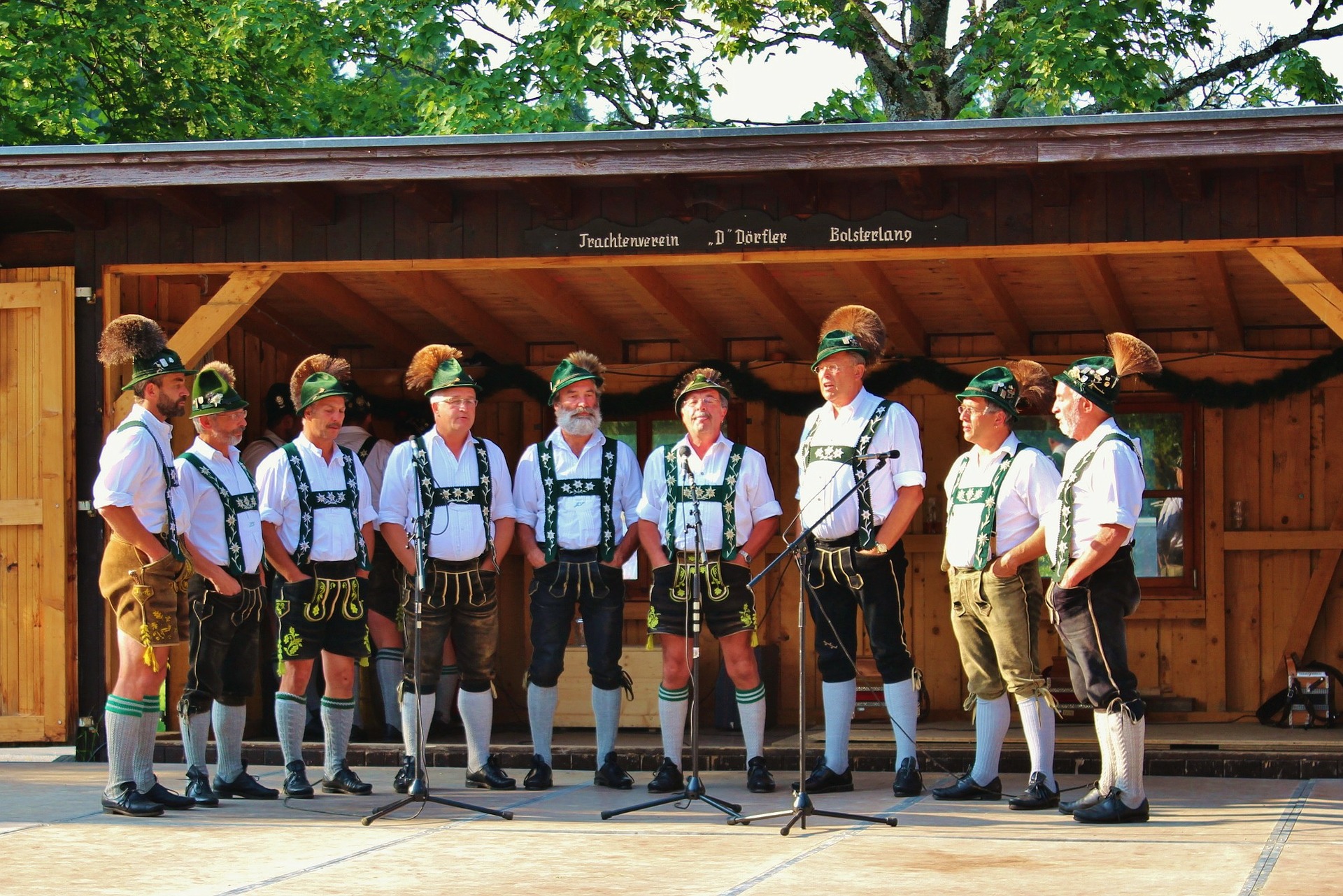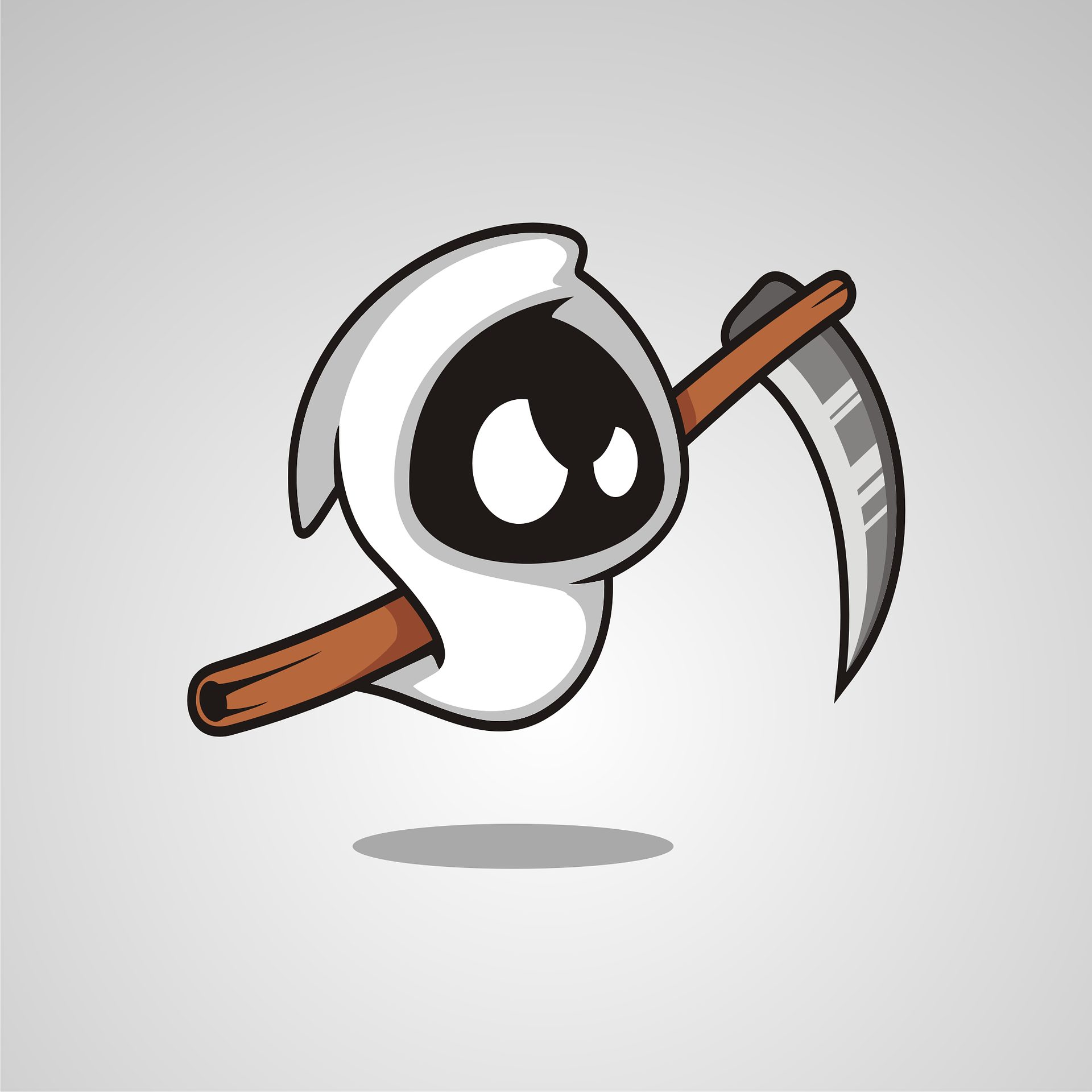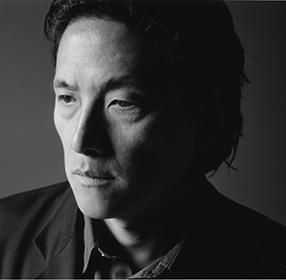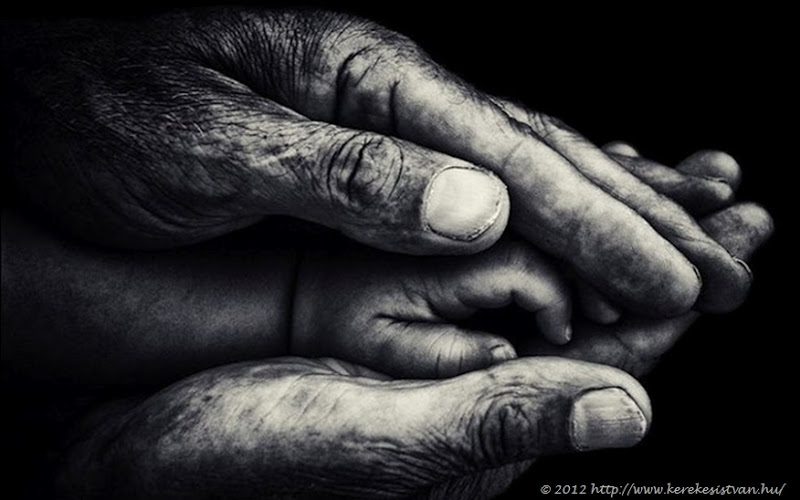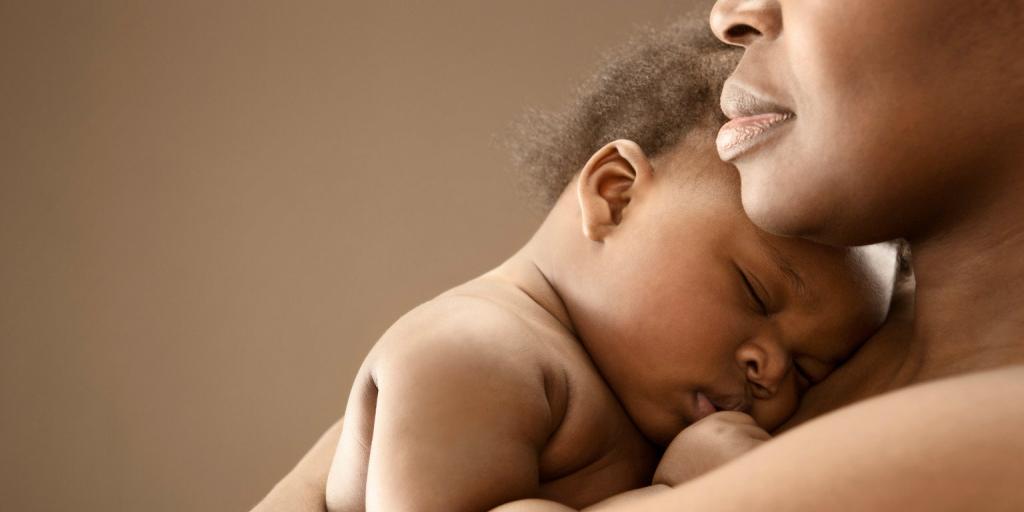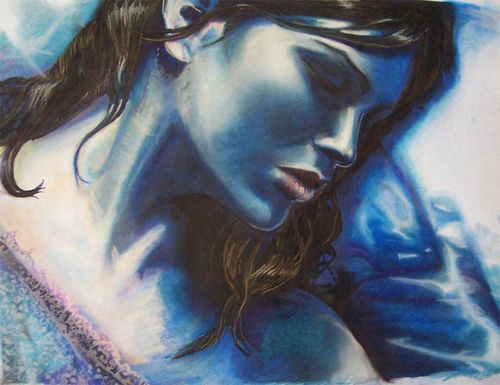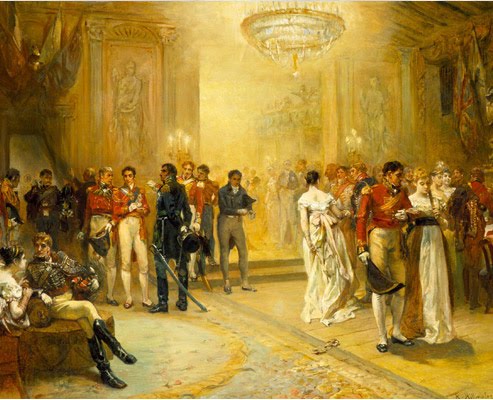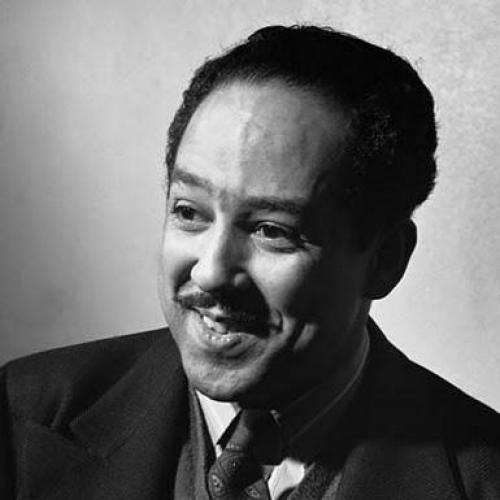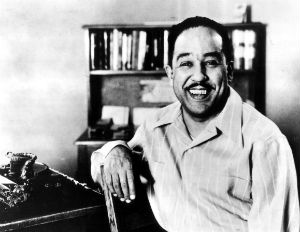About the poet:
George Gordon Byron was born on 22nd January 1788, in Aberdeen, Scotland. He inherited his family’s English title at the age of ten, becoming Baron Byron of Rochdale.
While still in school, Byron’s first poetry collection, titled Fugitive Pieces, was published anonymously in 1806. The next year, he published his second collection, Hours of Idleness. A disturbingly negative review of it was printed in January 1808, followed by even more scathing criticism a few months later. Byron’s response was a satire entitled, English Bards and Scotch Reviewers.
Publicly humiliated and with nowhere else to turn, Byron set out on a tour of Portugal, Spain, Albania, Turkey, and finally Athens. Enjoying his new-found sexual freedom, he decided to stay in Greece, studying the language and working on a poem loosely based on his adventures. He returned to England in 1811 having completed the opening cantos of Childe Harold’s Pilgrimage.
An outspoken politician in the House of Lords, Byron used his popularity for public good, speaking in favour of issues such as workers’ rights and social reform. In addition, his wife had accused him of everything from incest to sodomy. By 1816, Byron was afraid for his life, having been warned that a crowd might lynch him if he were seen in public.
Forced to flee England, Byron settled in Italy and began writing his masterpiece, Don Juan, an epic-satire novel-in-verse loosely based what would later come to be called the Byronic hero. When he died on 19th April 1824, Don Juan was yet to be finished.
On The Eve of Waterloo:
The Eve of Waterloo is a part of one of Byron’s finest poems, Childe Harold’s Pilgrimage, published in 1812.It relates the events of the night before the battle of Quatre Bras, which was fought near Brussels, the capital of Belgium, on 16th June 1815. This was the preliminary of the great battle of Waterloo, fought two days later.
Three nights before the battle of Waterloo, the Duchess of Richmond gave a ball in Brussels and invited many officers of the allied English and Prussian armies, who were at war with the French. While the ball was in full swing, a messenger brought word to the Duke of Wellington that the French under Napoleon was advancing towards the city. He did not wish to alarm the people, so he kept the information secret, but sent the officers one by one to their regiments, and finally left for the field himself.
In the poem, however, the dancers at the ball hear a distant booming. At first, they pay little heed to it and go on with the dancing, but presently the sound grows louder and clearer, and they recognize it as the roar of a cannon. The first to hear it is Frederick William, Duke of Brunswick, whose father had been killed in battle. He leaves for the front at once, and the rest is history. It is known that he was killed the next day, in the battle of Quatre Bras.
The setting of The Eve of Waterloo:
“Eve of Waterloo” is set in Brussels, specifically at the ball thrown by the Duchess of Richmond. All the events described in the poem are set 3 days before the legendary Battle of Waterloo at which Napoleon was defeated by the English and Prussian armies, captured and banished to the island of St. Helena.
Stanza-wise Summary of The Eve of Waterloo:
The poem consists of 5 stanzas. Each of these stanzas is again made up of 9 lines. Hence, the entire poem consists of 45 lines in total.
1st stanza:
There was a sound of revelry by night,
And Belgium’s capital had gathered then
Her beauty and her chivalry, and bright
The lamps shone o’er fair women and brave men.
A thousand hearts beat happily; and when
Music arose with its voluptuous swell,
Soft eyes looked love to eyes which spake again,
And all went merry as a marriage bell;
But hush! hark! a deep sound strikes like a rising knell!
In this stanza, the poet says that everyone could hear that a party was underway in Brussels, and every fair lady and the brave soldier was present there. They were all happy and gay. With the rising crescendo of the music being played at the ball, love swelled up in many hearts, and men and women spoke to each other with their eyes only. Suddenly, everyone became silent for they heard a loud sound, such as the bell that is rung at the funeral of an important person.
2nd stanza:
Did ye not hear it? — No; ’twas but the wind,
Or the car rattling o’er the stony street;
On with the dance! let joy be unconfined;
No sleep till morn, when youth and pleasure meet
To chase the glowing hours with flying feet.
But hark! — that heavy sound breaks in once more,
As if the clouds its echo would repeat;
And nearer, clearer, deadlier than before;
Arm! arm! it is — it is — the cannon’s opening roar!
In this stanza, the poet says that everyone at the ball began asking about the sound they had heard, but told each other that it must have been the sound of the wind or of the carriage as it drove over the cobblestones on the street. They kept dancing, determined that nothing would interrupt the joyous proceedings of the ball. They were insistent on keeping the party going until the very wee hours of the morning. Even then the youthful and pleasure-seeking crowd would wish that the night would not have ended so soon. However, the sound they had previously heard appears once more. It sounds like thunder but is seemingly coming from a much closer location than before and hence it sounds more threatening as well. Finally, the men realize that it is the cannon sounded by the French troops as they approach the city, and so they begin to get their weapons out.
3rd stanza:
Within a windowed niche of that high hall
Sate Brunswick’s fated chieftain; he did hear
That sound the first amidst the festival,
And caught its tone with death’s prophetic ear;
And when they smiled because he deemed it near,
His heart more truly knew that peal too well
Which stretched his father on a bloody bier,
And roused the vengeance blood alone could quell;
He rushed into the field, and, foremost fighting, fell.
In this stanza, the poet says that the Duke of Brunswick was sitting in the recess of one of the high windows of the ballroom and he was the first to hear the sound of the cannon. He was also the first to realize that the war would start imminently. However, the others just smiled seeing his fear, but he never doubted what he heard. He knew about the ravages of war, for his father had been killed in the previous one, and he was determined to take his revenge by killing the French troops who were responsible for his father’s death. He rushed off to the battlefield and it is well known that he was killed the next day, being among the first casualties of the Battle of Quatre Bras.
4th stanza:
Ah! then and there was hurrying to and fro,
And gathering tears, and tremblings of distress,
And cheeks all pale, which, but an hour ago,
Blushed at the praise of their own loveliness.
And there were sudden partings, such as press
The life from out young hearts, and choking sighs
Which ne’er might be repeated; who would guess
If ever more should meet those mutual eyes,
Since upon night so sweet such awful morn could rise!
In this stanza, the poet says that all the soldiers began to rush in every direction, trying to organize themselves. The women were in despair, and some began to cry. The same women whose cheeks had blushed an hour ago at some compliment paid were now pale and colourless. Having to say goodbye in such haste broke many a heart. Since they had had such a wonderful night only to be voided by such bad news in the morning, they had started to lose all hope. They said goodbye not knowing when they might speak to their partners again, or if they ever would return alive from the battle at all.
5th stanza:
And there was mounting in hot haste; the steed,
The mustering squadron, and the clattering car,
Went pouring forward with impetuous speed,
And swiftly forming in the ranks of war;
And the deep thunder, peal on peal afar;
And near, the beat of the alarming drum
Roused up the soldier ere the morning star;
While thronged the citizens with terror dumb,
Or whispering, with white lips — “The foe! they come! they come!”
In this stanza, the poet says that the soldiers organized themselves into squadrons and quickly rode off on horses or carriages. All these movements were done very fast. The sound of the cannon, sounding like thunder even now, could be heard repeatedly in the distance. To match that sound, drums were being played nearby to wake up all soldiers and call them to battle before the morning fully came. The commoners were standing by in the street, either struck dumb by shock or whispering in a scared voice that the enemy had come to wage war on their city.
Some online learning platforms provide certifications, while others are designed to simply grow your skills in your personal and professional life. Including Masterclass and Coursera, here are our recommendations for the best online learning platforms you can sign up for today.
The 7 Best Online Learning Platforms of 2022
- Best Overall: Coursera
- Best for Niche Topics: Udemy
- Best for Creative Fields: Skillshare
- Best for Celebrity Lessons: MasterClass
- Best for STEM: EdX
- Best for Career Building: Udacity
- Best for Data Learning: Pluralsight
